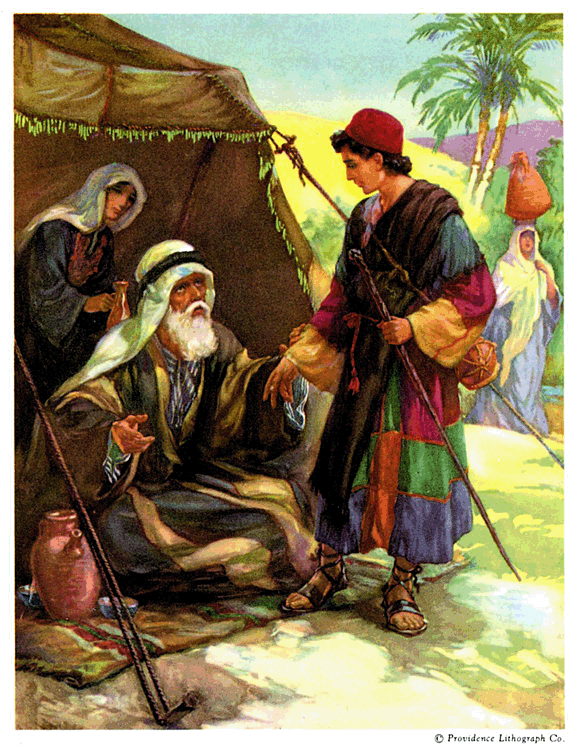
An Introduction to the Biblical Feasts
The seven biblical feasts are a chronological step-by-step template of YHVH’s plan of redemption or salvation for mankind. This process begins with Passover — a picture of a believer’s initial salvation, and concludes with the Eighth Day — a picture of eternal life for each bonafide and glorified member of the spiritual family of Elohim. The first step in this spiritual journey starts with one’s turning their back on spiritual Egypt, which is the realm of the world, the flesh and the devil, and embarking on a life-long spiritual journey that leads one progressively to higher planes with the ultimate goal being the paradise of the New Jerusalem — literally a heaven on earth.
Sadly, the church system has failed to reveal these essential truths to believers. It has robbed the saints of their biblical, Hebraic and Torah-based heritage including an understanding of the biblical feasts and has replaced it with many lies. This has left believers without a full understanding of both their spiritual heritage and destiny. For most believers caught up in the Babylonian church system, it’s merely a matter of getting saved, doing some good works along the way and going to church. Beyond that, one bides their time standing on the street corner waiting for death or the rapture bus — whichever comes first — to take them to heaven. But is this all there is to the believer’s life? What is supposed to happen from the point of one’s initial salvation until they “get to heaven”? Hmm?! Now there’s a good head-scratcher for most!
Thankfully, YHVH hasn’t abandoned his spiritual children to wander aimlessly through the wilderness of life. He has a plan for each of us. From start to finish, this plan is revealed in YHVH’s seven biblical feasts. The understanding of this can literally revitalize one’s spiritual life imbuing it with purpose and meaning. An otherwise one-dimensional, monochromatic and monophonic movie called life suddenly comes to life in full-3D, multi-dimensional, polyphonic surround-sound with high definition color. That’s the energizing power that comes with an understanding of the biblical feasts.
Once a follower of Yeshua understands the plan of salvation in the biblical feasts, these festivals become the focal point of the year. Plans and preparations are made well in advance to celebrate them as they serve as the rendezvous points of the spiritual body, family or community of believers.
All these feasts have Yeshua at the center, and so they bring us closer to him.
YHVH’s feasts act as a spiritual road map to show us where we’ve come on our spiritual journey, where we’re at, and where we’re going on to. Furthermore, they help us to understand what we need to be doing along the journey. They provide us with a sense of direction, and a hope for the future.
Continue reading





